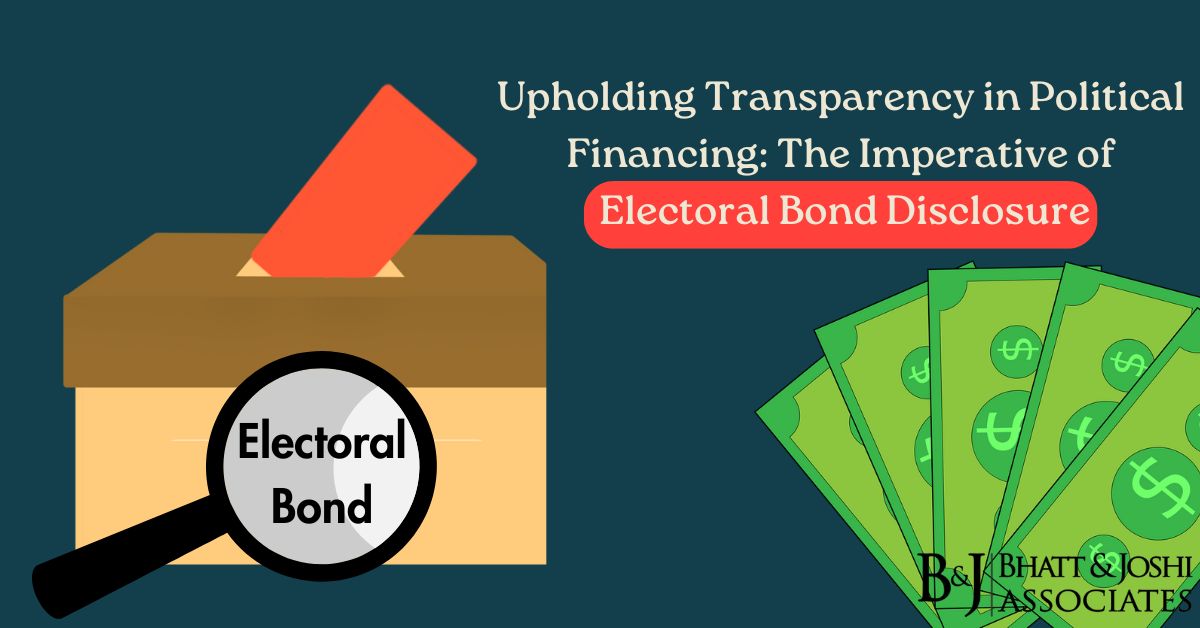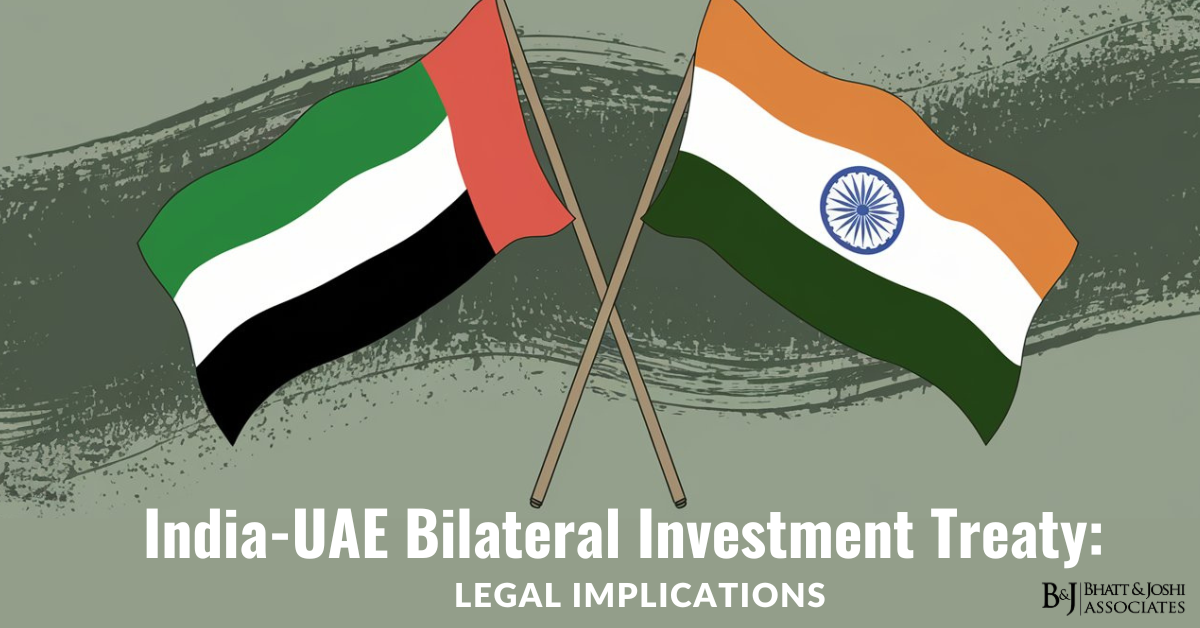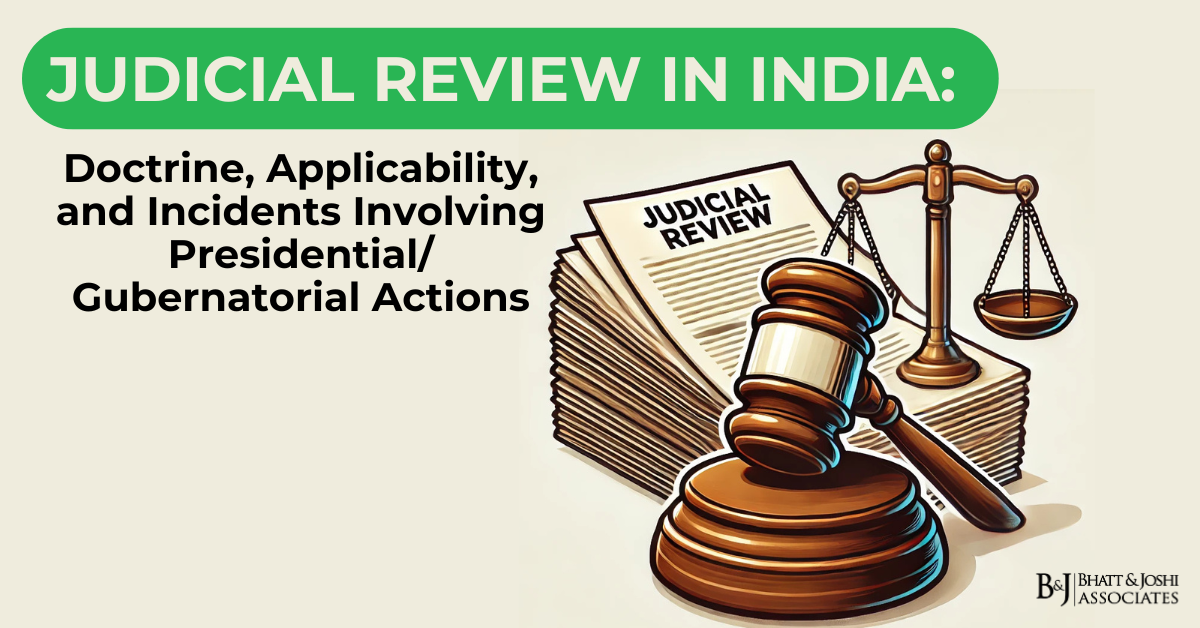Introduction: Necessity of Transparency in Political Financing
In democratic societies, transparency in political financing is paramount to ensure the integrity of electoral processes and uphold the principles of democracy. The emergence of electoral bonds as a means of political funding has sparked debates regarding the transparency and accountability of such mechanisms. In this comprehensive analysis, we delve into the significance of disclosing electoral bond details, the recent directives by the Supreme Court to the State Bank of India (SBI), and the broader implications for transparency in political financing.
Understanding Electoral Bonds: Mechanisms and Controversies with Transparency in Political Financing
Electoral bonds were introduced in India in 2018 as a means of facilitating transparent political funding. Donors can purchase these bonds from designated banks and then donate them to political parties of their choice. One of the purported advantages of electoral bonds is the anonymity it offers to donors, ostensibly protecting them from reprisals or coercion. However, the opacity surrounding electoral bonds has raised concerns among civil society organizations and opposition parties. Critics argue that the lack of disclosure regarding donor details and the absence of any cap on donation amounts undermine transparency and accountability in political financing. Moreover, the anonymity provided by electoral bonds has raised suspicions of potential misuse and the channeling of black money into political funding.
The Supreme Court’s Intervention: Upholding Transparency and Accountability
In response to petitions challenging the validity of electoral bonds and seeking greater transparency, the Supreme Court of India has played a pivotal role in adjudicating on the matter. In a landmark judgment, the apex court emphasized the importance of transparency in political financing and directed the SBI to disclose all details regarding electoral bonds, including the alphanumeric serial codes. The Supreme Court’s directives underscore its commitment to upholding democratic principles and ensuring accountability in governance. By mandating the disclosure of electoral bond details, the court seeks to mitigate concerns surrounding opacity and potential misuse of political funding mechanisms. Furthermore, the court’s proactive stance reinforces the judiciary’s role as a guardian of democratic values and institutional integrity.
Implications of Full Disclosure: Strengthening Democratic Processes
The disclosure of electoral bond details carries significant implications for the transparency and integrity of electoral processes. By linking donor information with political parties, full disclosure enables greater scrutiny of funding sources and expenditure patterns. This, in turn, fosters accountability among political parties and reduces the risk of illicit financial flows influencing electoral outcomes. Moreover, transparency in political financing enhances public trust in democratic institutions and reinforces the legitimacy of elected representatives. When citizens have access to comprehensive information about the sources of political funding, they can make informed decisions during elections and hold elected officials accountable for their actions. Thus, full disclosure of electoral bond details serves as a cornerstone of a vibrant and inclusive democracy.
Challenges and Controversies: Balancing Transparency with Donor Privacy
While the mandate for disclosing electoral bond details represents a significant step towards transparency, it also raises complex challenges regarding donor privacy and security. Donors may be reluctant to contribute to political parties if their identities are exposed, fearing backlash or repercussions from rival factions. Moreover, concerns about privacy infringement and surveillance may deter individuals from exercising their democratic right to support political causes anonymously. Addressing these challenges requires striking a delicate balance between transparency and donor privacy. Mechanisms such as anonymization techniques and safeguards against misuse of donor information can help protect individual privacy while ensuring transparency in political financing. Additionally, robust legal frameworks and oversight mechanisms are essential to prevent the misuse of disclosed donor data for malicious purposes.
The Role of Financial Institutions: Fostering Transparency and Accountability
Financial institutions, particularly designated banks like the State Bank of India, play a crucial role in facilitating transparent political financing. As custodians of electoral bonds, these institutions are entrusted with maintaining the integrity and confidentiality of donor information. By adhering to legal and ethical standards, financial institutions can uphold transparency in political funding processes and bolster public trust in democratic institutions. Moreover, financial institutions have a responsibility to cooperate with regulatory authorities and judicial bodies in ensuring compliance with transparency mandates. By proactively disclosing electoral bond details and cooperating with investigations, banks can demonstrate their commitment to upholding democratic values and contributing to a culture of transparency and accountability.
Legal and Regulatory Frameworks: Enhancing Transparency in Political Financing Mechanisms
In addition to judicial directives, robust legal and regulatory frameworks are essential for strengthening transparency mechanisms in political financing. Legislative reforms aimed at enhancing disclosure requirements, imposing caps on donation amounts, and prohibiting the use of anonymous funding sources can bolster accountability and mitigate the risks associated with opaque financing practices. Furthermore, regulatory bodies tasked with overseeing political funding must be endowed with adequate resources and powers to effectively monitor compliance and investigate potential violations. By enforcing stringent regulations and imposing penalties for non-compliance, regulatory authorities can deter illicit financial activities and safeguard the integrity of electoral processes.
Public Awareness and Civil Society Advocacy: Driving Accountability and Reform
Public awareness and civil society advocacy play a vital role in driving accountability and reform in political financing. Through grassroots mobilization, advocacy campaigns, and public outreach initiatives, civil society organizations can raise awareness about the importance of transparency and accountability in governance. By engaging with citizens and empowering them to demand accountability from political leaders, civil society can catalyze meaningful change in electoral practices. Moreover, media scrutiny and investigative journalism play a crucial role in uncovering instances of corruption, malfeasance, and non-compliance with transparency norms. By exposing wrongdoing and holding power accountable, the media acts as a watchdog for democracy and reinforces the imperative of transparency in political financing.
Conclusion: Toward a Transparent and Accountable Democracy
In conclusion, the disclosure of electoral bond details represents a significant milestone in the journey toward a transparent and accountable democracy. By mandating full disclosure of donor information, the Supreme Court has reaffirmed the importance of transparency in political financing and underscored the judiciary’s role in upholding democratic principles. Moving forward, concerted efforts by stakeholders, including financial institutions, regulatory bodies, civil society organizations, and the media, are essential for strengthening transparency mechanisms and fostering greater accountability in political financing. By working collaboratively to address challenges and promote best practices, we can build a democracy where transparency, integrity, and public trust are paramount.














